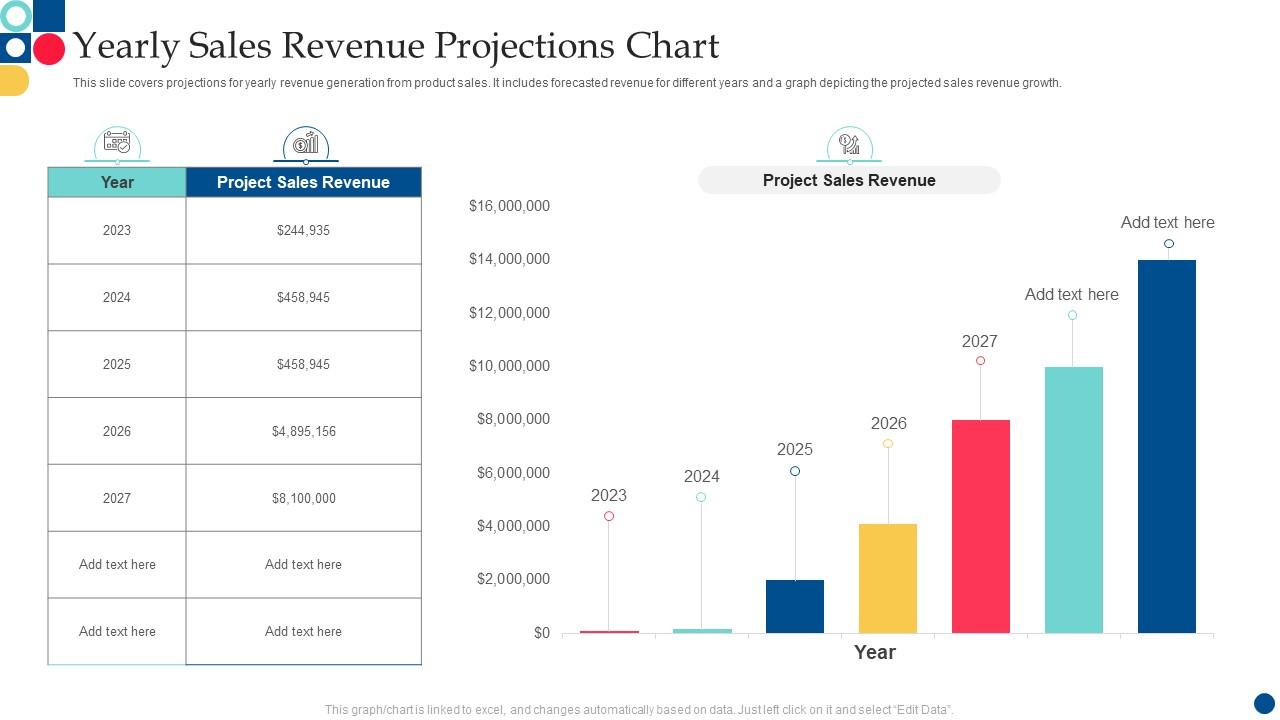Will Nigel Farage's Reform UK Go Beyond Complaints?

Table of Contents
Reform UK's Current Standing and Support Base
Reform UK's current standing is a complex picture. While lacking widespread electoral success thus far, the party boasts a dedicated following and significant online engagement. Its membership numbers, while not publicly released in detail, suggest a substantial core of committed supporters. Polling data, however, shows fluctuating levels of support, often hovering in single digits nationally. Nevertheless, Reform UK's social media presence is undeniable, showcasing considerable reach and active engagement from its supporters.
This support base is primarily composed of:
-
Brexit voters: A significant portion of Reform UK's support stems from those who feel the Brexit process has been mishandled.
-
Disillusioned Conservatives: Many Conservatives, disenchanted with the current government's direction, have found a home within Reform UK.
-
Anti-establishment voters: The party appeals to those seeking an alternative to the mainstream political parties.
-
Recent local election results: While Reform UK hasn't achieved widespread victories, isolated successes in certain local elections highlight pockets of strong support and indicate potential for future growth.
-
Analysis of social media reach and engagement: Reform UK's online presence is a key strength, demonstrating effective communication and mobilization of its base. High levels of interaction on platforms like Twitter and Facebook suggest a loyal and engaged following.
-
Comparison to other populist parties in the UK: Compared to other populist parties, Reform UK occupies a distinct space, focusing heavily on Brexit and issues of national sovereignty.
Policy Positions and Their Appeal
Reform UK's policy positions are firmly rooted in Euroscepticism and a rejection of what it sees as the failings of the current political establishment. Key policy areas include:
- Brexit: Complete departure from the EU and its regulations, focusing on independent trade deals.
- Immigration: Stricter controls on immigration, prioritizing skilled workers and addressing concerns about national security.
- Economy: Lower taxes and reduced government spending, emphasizing free markets and reduced regulation.
The appeal of these policies varies across the electorate. While they resonate strongly with its core support base, their broader appeal is debatable. Some policies, like stricter immigration controls, may find traction among certain segments of the population, while others, like tax cuts, may resonate with specific economic demographics.
- Specific policy proposals and their feasibility: Many of Reform UK's proposals are ambitious and their feasibility depends on various economic and political factors.
- Comparison to the policies of other parties: Reform UK positions itself as a distinct alternative, often presenting more radical policy options compared to mainstream parties.
- Potential impact of these policies on the UK: The long-term impact of Reform UK's policies remains unclear and subject to extensive debate and economic modelling.
Obstacles to Reform UK's Success
Despite its potential, Reform UK faces several significant obstacles to achieving broader political influence:
-
Overcoming the "protest party" label: The party needs to demonstrate it's more than just a vehicle for expressing discontent and can offer a credible alternative government.
-
Internal divisions and leadership challenges: Maintaining party unity and addressing potential internal conflicts will be crucial for its long-term viability.
-
Competition from other right-wing parties: The UK's political landscape is crowded, with other right-wing parties vying for the same voter base.
-
The challenge of building a broad-based coalition: Expanding beyond its core support base and attracting voters from different demographics will be a major challenge.
-
Competition from other right-wing parties: The Conservative Party, and to a lesser extent, UKIP, still compete for the same voter base, creating a challenging electoral environment.
-
Difficulties in attracting and retaining high-profile candidates: The ability to recruit and retain capable candidates is crucial for electoral success.
The Potential for Electoral Success
Reform UK's potential for electoral success remains uncertain. While the party has seen limited success in local elections, translating this into significant gains in general elections will be difficult. Strategic considerations for achieving electoral success include:
-
Target constituencies: Focusing on areas with high concentrations of Brexit voters and anti-establishment sentiment.
-
Candidate selection: Recruiting credible and electable candidates who can resonate with a broader electorate.
-
Campaign strategy: Developing a clear and effective campaign message that articulates Reform UK's vision for the country.
-
Potential impact of electoral reform on Reform UK's chances: Changes to the electoral system could significantly impact the party's prospects.
-
Analysis of potential future coalition scenarios: Depending on the outcome of future elections, Reform UK could potentially play a role in coalition governments, influencing policy-making.
Conclusion
This analysis of Reform UK reveals a party with considerable potential, driven by public dissatisfaction and a powerful anti-establishment message. While hurdles like overcoming the "protest party" label and establishing a broader coalition remain substantial, Reform UK's success hinges on converting its strong online presence and vocal complaints into concrete policy proposals and significant electoral gains. Whether Reform UK can transcend its current status and become a major political force in the UK remains to be seen.
Call to Action: Stay informed about the evolving trajectory of Reform UK and its influence on UK politics. Follow our updates for further analysis on the future of Reform UK and its potential to shape the British political landscape.

Featured Posts
-
 Infineon Ifx Lower Sales Projections Due To Tariff Uncertainty
May 10, 2025
Infineon Ifx Lower Sales Projections Due To Tariff Uncertainty
May 10, 2025 -
 Beautiful Castle Near Manchester Hosts Huge Music Festival With Olly Murs
May 10, 2025
Beautiful Castle Near Manchester Hosts Huge Music Festival With Olly Murs
May 10, 2025 -
 Debate Sobre Derechos Trans Arresto De Universitaria Por Usar Bano Femenino
May 10, 2025
Debate Sobre Derechos Trans Arresto De Universitaria Por Usar Bano Femenino
May 10, 2025 -
 Uk Tightens Visa Rules Impact On Nigerian And Pakistani Applicants
May 10, 2025
Uk Tightens Visa Rules Impact On Nigerian And Pakistani Applicants
May 10, 2025 -
 Strictly Star Katya Joness Departure A Possible Wynne Evans Connection
May 10, 2025
Strictly Star Katya Joness Departure A Possible Wynne Evans Connection
May 10, 2025
